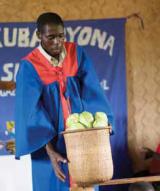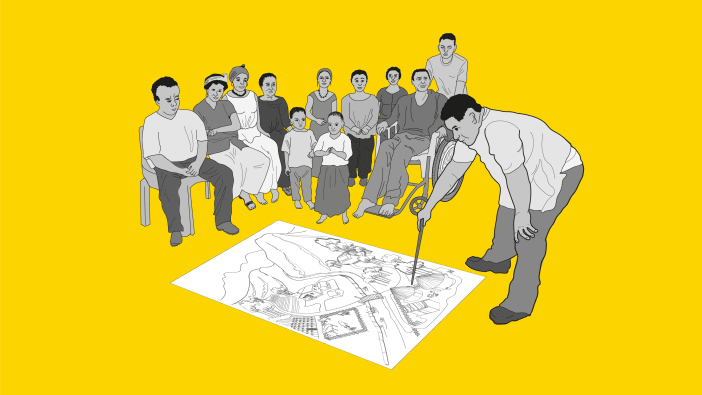I have a dream that gives me hope for the future – a global Christian culture of biblical stewardship and generous living, giving and fundraising.
My dream is based on biblical principles:
God is generous
God is indescribably generous – ‘The God who made the world and everything in it is the Lord of heaven and earth’ – and ‘he himself gives everyone life and breath and everything else’ (Acts 17:24-5). Without God’s generosity no life would have been possible!
We have responsibility
- God is the owner of everything and gave his resources to us to steward for his purposes. We are therefore accountable to God for the way we manage those resources (Genesis 1:26-30) as is clear from the parable of the wise manager (Luke 12:42-48).
- Generosity is a primary indicator of our understanding of our role as stewards of God’s creation (Matthew 6:21).
We imitate God by being generous
- Generosity is fundamental to being a disciple of Christ and in fully reflecting the image of our creator (2 Corinthians 8:7).
- Just as Jesus, the ultimate gift from God, lived a truly and perfectly generous life to serve and save people (Mark 10:45, 2 Corinthians 8:9), Christians should practise biblical stewardship, generosity and giving (Acts 11:29-30, 1 Corinthians 4:1).
God delights in our generosity
Personal motivations for giving should reflect God’s desires. This includes responding to the needs of others in material ways (Matthew 25:31-46) and giving with a generous spirit: ‘Each of you should give what you have decided in your heart to give, not reluctantly or under compulsion, for God loves a cheerful giver’ (2 Corinthians 9:7).
We can ask too!
Just as we can ask God for what we need (Matthew 7:7) it is not wrong to mention our needs to others. Resource mobilisation, whether from God or people, is not sin!
There are already many examples of the power of generosity:
- The ‘Handful of Rice’ (Buhfai Tham) movement by Christians in Mizoram, India, has become world famous. For over 100 years women have set aside a handful of rice every time they cook it, even if they are poor themselves. The rice is collected, brought to the church, poured into large bags and sold. The gift of rice has allowed the church in Mizoram to fund its own work without help from outside.
- There is a growing movement of generous businesses where all assets are seen as belonging to God and managed as such.
- Churches in Guatemala used a special 40-day devotional guide to instruct people in biblical principles of finances, to inspire greater generosity, and to increase giving to serve those in need.
- In June 2013 60 South Asian Christian leaders agreed on a plan of action to promote and support biblical stewardship, generous living, giving and fundraising across the region. A generosity movement has started to emerge in the region.
Dr Sas Conradie is the coordinator of the Lausanne/World Evangelical Alliance Global Generosity Network. See the Resources page opposite for more information. Email: [email protected]
Get involved
You can participate in the Global Generosity Network by sending inspiring stories and information about stewardship, generous living and giving to Dr Sas Conradie at [email protected], or by post to Global Generosity Movement, c/o Sas Conradie, 14 Streele View, Uckfield, East Sussex, TN22 1UG. Please contact Dr Sas Conradie if you would like him to write a fresh article on generosity for a Christian publication or website.










